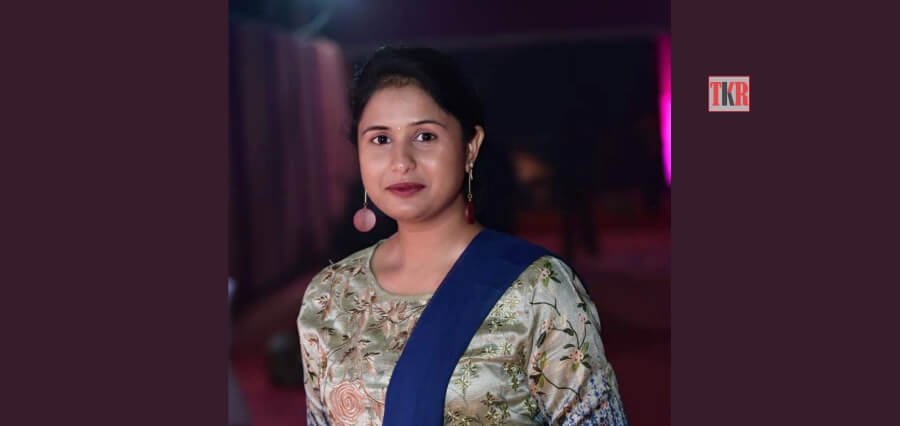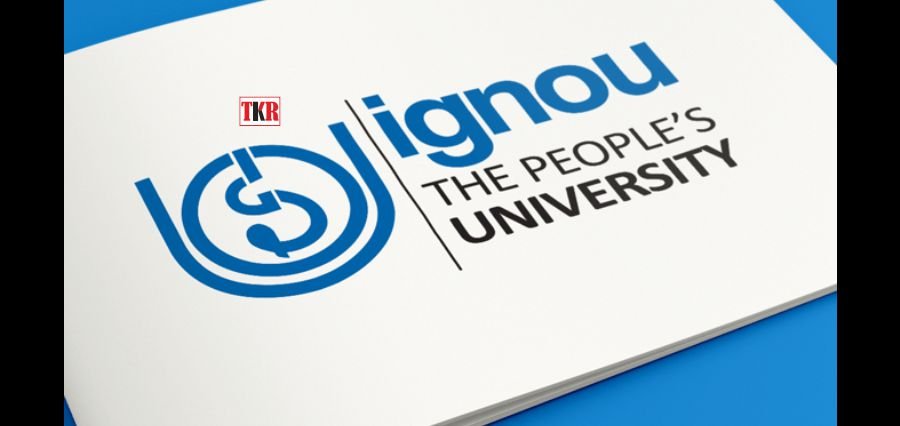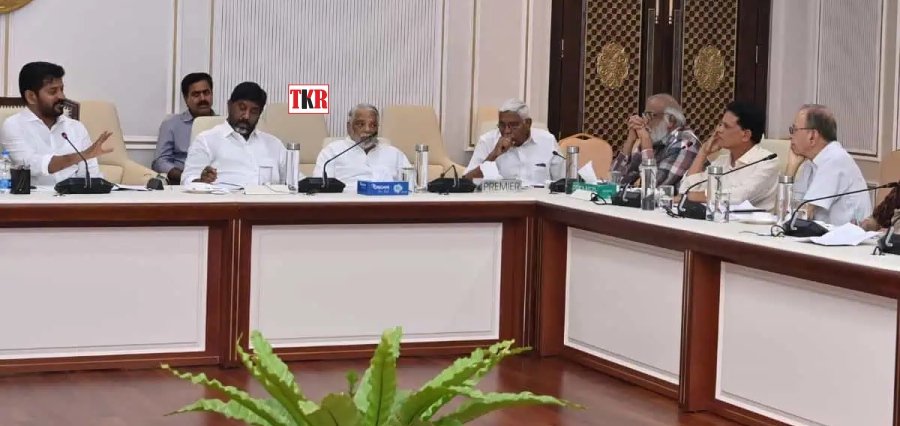Educational leaders establish a compelling vision for education that reflects the needs and aspirations of students, communities, and society as a whole. They develop long-term strategies and goals to achieve this vision, considering factors such as curriculum development, pedagogical approaches, technology integration, and equitable access to education.
Prof. Neelam Sahu is a renowned name among these leaders. Prof. Neelam comes from an upper-middle-class family in a small town, Itarasi, in Madhya Pradesh. Considering her potential and strength from her school days, she was entrusted to lead a big group of students. This encouraged her to grow as a leader.
Prof. Neelam completed her higher education in 2016 with M.Sc., M.Phil, and Ph.D. and joined as a teacher at a university. There also she supervised many Ph.D researchers, which has established her as a known figure in the field, and now she is the coordinator for Research and Innovation in a group of six Universities.
Leading from the Front
According to Prof. Neelam, it is most important to have a clear vision, passion, and sense of responsibility in whatever one does. Her advice to women is that they must never refrain from taking calculated risks to chase their dreams. She suggests that women workers lead from the front and take responsibility for failure and attribute success to the team members and encourage them. Effective communication is also a good quality one should develop as a leader.
India has set a goal of a $3 trillion economy by 2025 and to emerge as a high-tech world leader in the long run. Women being half the population have great responsibility for this. They have to emerge as an effective workforce in all spheres; the first field for them will be entrepreneurship, where Prof. Neelam sees that they are making big strides, and in a recent survey of all startups, they have a very significant contribution.
India has 432 million working-age women and 13.5 –15.7 million womenowned businesses that provide direct employment to 22–27 million people. In Pradhan Mantri Mudra Yojna also, the ratio of women’s contribution is very high, i.e., $1.54 US as against $2.78 US for men.
In the field of education, women have a larger share of responsibility as compared to men. Right from school to university, women are shaping up the future of India by providing the right education to the new generation to match the need of society. She believes that women have to contribute to all other fields, as well.
As evident from the growth in the last two decades, women are excelling in fields like Science & Technology, Research, Armed Forced, Administration, and also in politics. She envisions a bright future for women in all spheres as leaders of a new India.
“I think my greatest accomplishment has been as a teacher, research supervisor and academic administrator in shaping the career of a large number of students and researchers who worked under my supervision and are doing great jobs now. As regard my future work, I would like to excel as a teacher and as per the National Education Policy 2020 to help produce students and researchers who will take India to the glory of Vishwa Guru. For this, I will follow the principle of lifelong learning for me and my students,” Prof. Neelam states.
The Pursuit for a Better Society
Prof. Neelam acknowledges her social responsibility as a good citizen and helps others achieve their goals; she believes in being a powerful motivator for them.
She puts organizational goals as her top priority. For good decisions, timing is most important. She likes to weigh all pros and cons in favour of the organization but makes sure that decisions are taken on time and not delayed. For personal problems, she puts her family’s interest in view. In all her decisions, ethics and moral values are on top.
Prof. Neelam takes all her failures and successes as lessons to learn from and avoid such failures in future. She believes that one has to be positive and optimistic in success and failure equally. For her, it is important to believe in God that he cares for all of us. She tries to be patient and always thanks god for both success and failure.
Her current initiative is to work for girl child education, and she would like to link up with GISR foundations and such other organizations who are working on similar projects.
The pursuit of gender equality in the workplace is an essential factor for achieving genuine equal opportunity among genders within a business. She believes that women should develop their efficiency and capability to scale greater heights.
Fighting Against Disparity
Despite women making up almost half of the workforce around the world, there remains an apparent disparity between men and women when it comes to taking on leadership roles within many organizations. According to Prof. Neelam, to surmount this issue and ensure that talented female professionals have access to top leadership positions. There is a need to address the following imbalance, i.e.
- Recognizing and fully utilizing the potential of women in leadership for the betterment of the organizations and society as a whole
- Promoting flexible working options
- Support women in their career path
- Increase representation of women in high-level positions
- Provide equal opportunities for development
- Reduce unconscious biases in hiring and promotion processes
Though, owing to her strong conviction and confidence, she has not faced any significant problem of discrimination, however, she can suggest the following steps to overcome these issues:
- The organization should follow all the norms and guidelines provided by the law and govt for gender bias. Any problem should be addressed on top priorities and timely
- Equality in pay perks and facilities
- Good and efficient grievance redressal system
An Ideal Mentor
In her opinion following are the essential qualities every leader should have:
- Integrity
- Courage and risk
- Timely decision and responsibility for the consequence
- Learning agility
- Communication
- Delegation
- Empathy
- Self-awareness
- Influence
- Respect
Prof. Neelam says, “Being a mentor is about suggesting, not instructing. Resist the urge to provide direct advice. Instead, motivate and offer supportive advice so that your mentee has the information to make her own decisions, which she’ll then be able to stand by with greater confidence.”
Read More: Click Here





